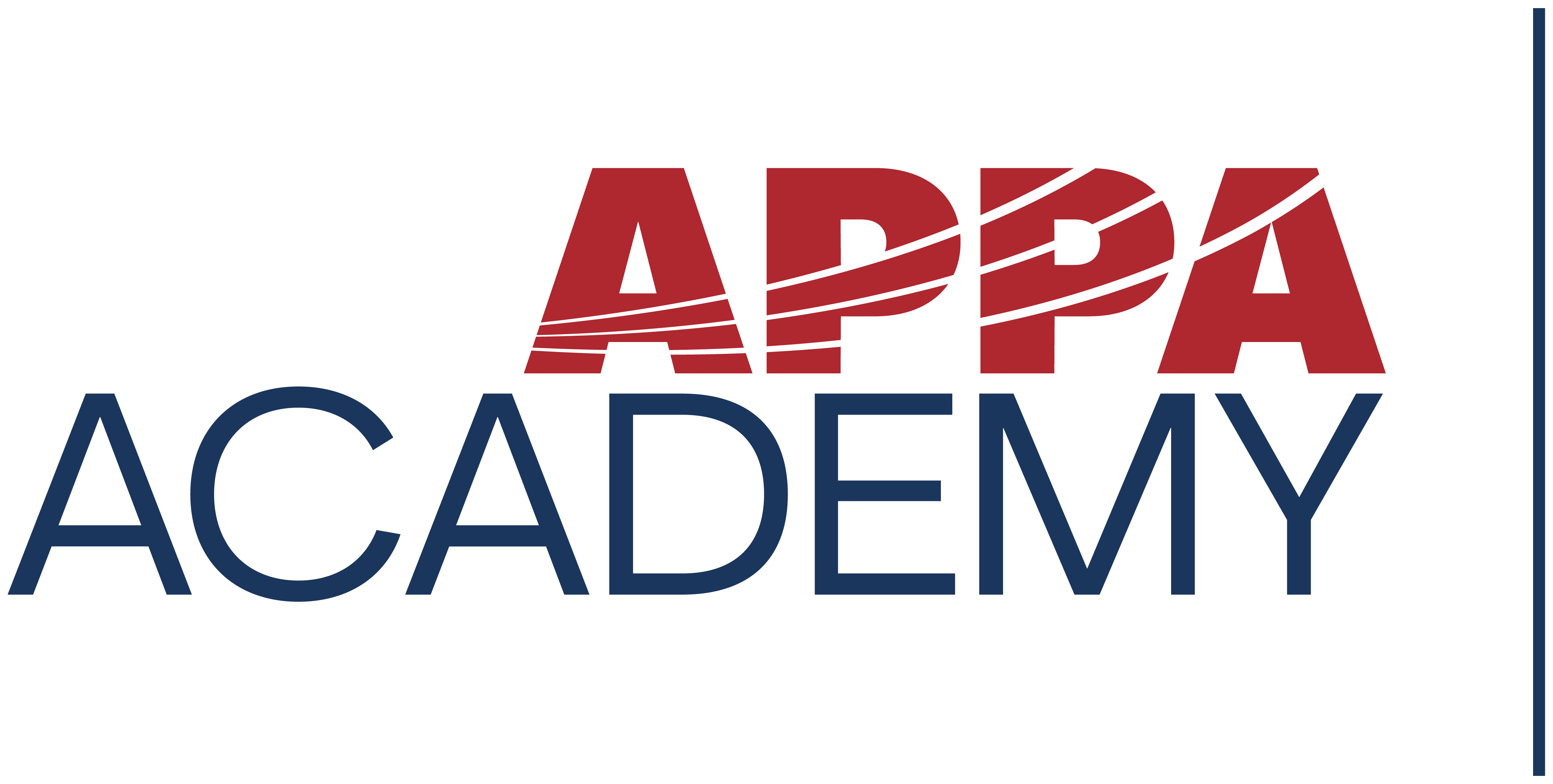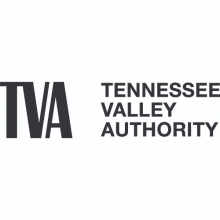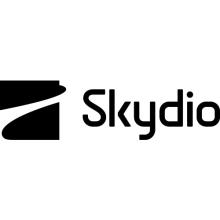
Power of Operations
The conference of choice for public power professionals who design, develop, and maintain the nation's electric system.
Huntsville, Alabama
March 29 - April 1, 2026
Can't-Miss Opportunities for 2026
Gain insight into the most pressing challenges facing you and your colleagues and discover the latest practices for building and maintaining a safe, reliable electric system for your community.

Hear from industry leaders on the vanguard of modernization and change management recommend in dozens of sessions across four tracks: Environmental, Generation & Fuels; Grid Modernization: Transmission & Distribution; and Reliability & Resilience. Conference registrants can also attend sessions in the concurrent Safety Summit.

Discuss ideas and build lasting connections with more than 500 utility professionals. Beyond networking, the conference is your prime opportunity to engage with peers and solve challenges — together.

Explore the NextTech Expo to connect with supply and services providers who know public power and utility needs.


Who Should Attend?
The conference sessions are tailored for professionals across all levels of the utility sector, from technical experts to senior leadership. Attendees include vice presidents, superintendents, directors, managers, engineers, and safety and training specialists. Additionally, electric utility directors, city managers, and emerging leaders will gain valuable insights into strategic industry developments and build meaningful connections within the national public power community.
Speakers
Thank You to Our Generous Sponsors

Members Get More
Access tools, programs, and resources to help improve your organization’s performance, and enjoy discounts on registration fees to this and other networking events throughout the year.
Contact Us
Registration: Registration@PublicPower.org
Program/Content: Academy@PublicPower.org
Sponsorship/Expo: Sponsorship@PublicPower.org
Hotel: Meetings@PublicPower.org
Billing: Finance@PublicPower.org





































